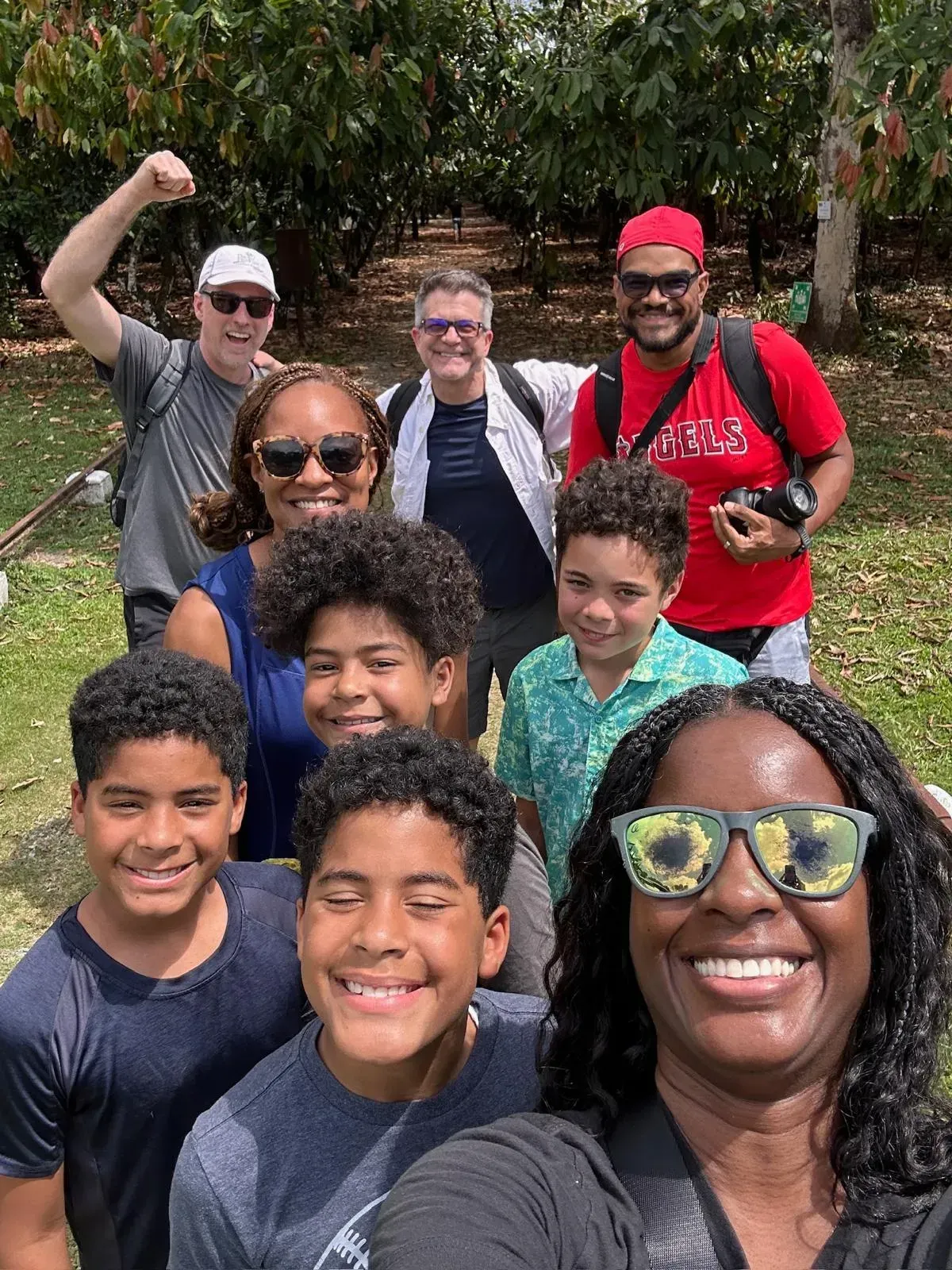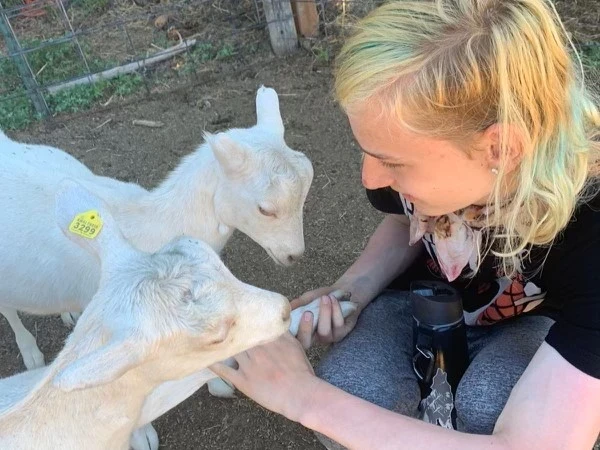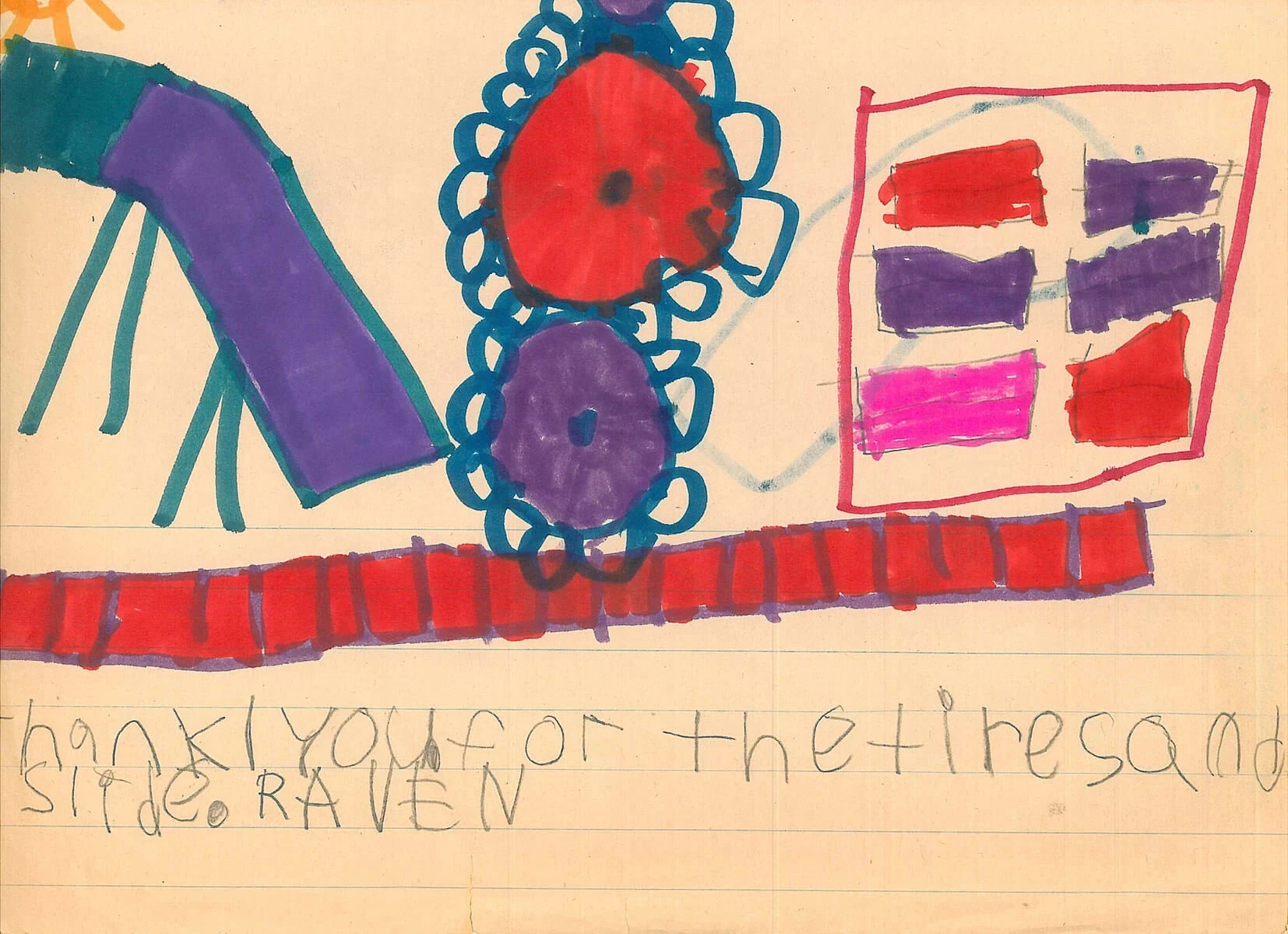By Owen Clarke
Service learning in high school often means meeting traditional academic requirements through service. For example, you might learn about marine ecosystems by organizing a beach cleanup, or learn architectural principles while volunteering at a Habitat for Humanity building site.
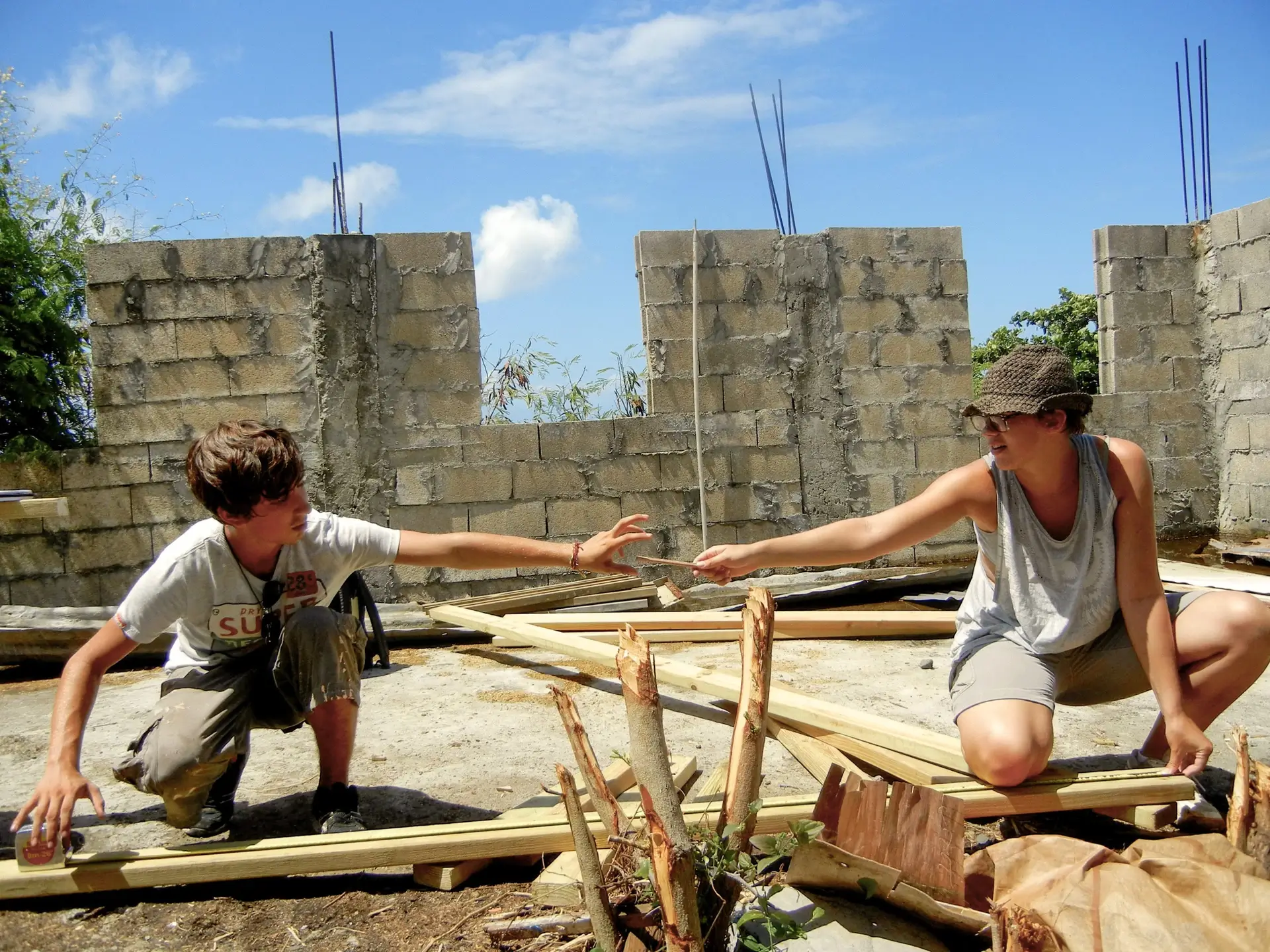
VISIONS volunteers work together in the British Virgin Islands
If you do an online search for “what is service learning,” you’ll come up with a whole slew of definitions. Everyone—from the federal government to Wikipedia to private universities—has a different idea about the definition of the term. When you break it all down, though, the concept is simple. Service learning is the process of education via serving others. (We’ve discussed the broader aspects of service learning in another article, here).
As you might have guessed, VISIONS is all about service learning. The way we see it, though, service learning isn’t about meeting academic requirements. It’s not about helping you score higher on standardized tests or getting a certain amount of community service hours to get into a good college.
Service learning is about fostering self-reliance, dedication, work ethic and character, all while serving others. Joe Shim, service learning coordinator for the Pomona Unified School District in California, wrote for the George Lucas Education Foundation on the topic. He notes that although service learning is beneficial for the participants and the organization or community they’re serving, it’s also transformative because it challenges participants to go “beyond” volunteering. “In service learning, students work to identify a problem or need within their community, and make a plan of action to help.”
In another of our articles, “What is Service Learning and Why is it Effective?”, service learning creates a “ripple effect” that stays with you throughout your life. When you learn these principles of strong character in your youth, they have a lifetime to “ripple” outward. The effects grow exponentially. So there’s no better time to learn through service than in high school.
Why VISIONS Service Learning is Important for High Schoolers
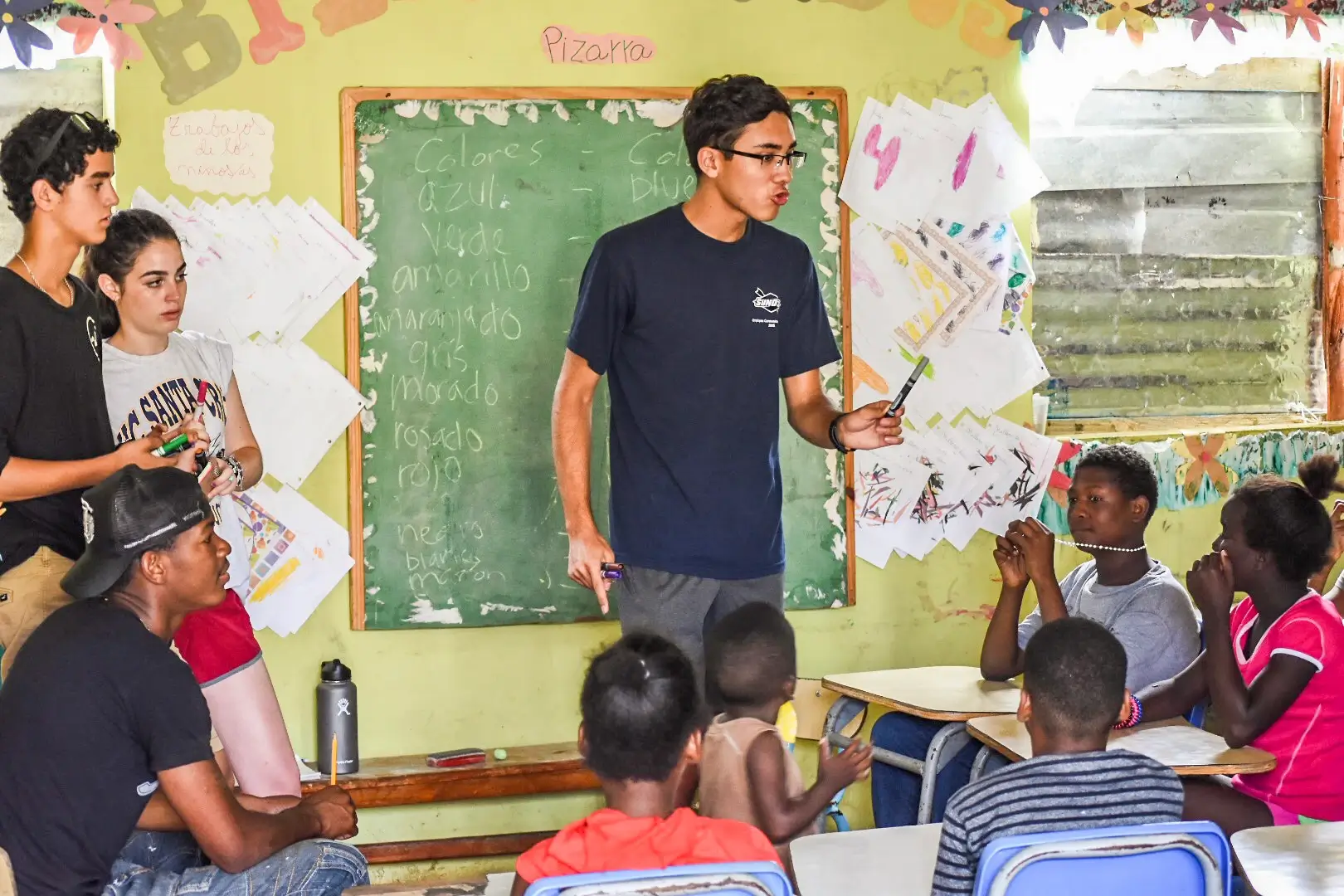
VISIONS volunteer teaching in the Dominican Republic
High school is the end of youth and the beginning of adulthood. Most kids turn 18 either shortly before or shortly after graduating high school. This age marks a major milestone in modern society. You’re an adult in the eyes of the law. You can rent your own apartment, vote in elections, take out a loan and purchase a car. You’re responsible for paying income taxes, you can be sued and (if you’re a male) you’ll need to register for the military draft.
When you learn through service in high school, you’re building character and gaining crucial life skills just before you need to apply them. You’re mature enough to absorb these lessons, but you’re also just shy of the years in which you’ll really need to put them into practice as you start your adult life. Of course, service learning can have a profound impact on all ages, but there’s no better time to learn through service than as a high school student.
A research paper published by Dr. Leslie Smith for the International Center for Global Leadership notes the profound benefits that service learning can have for high school students hoping to attend post-secondary educational institutions. “International service learning experiences have the potential to greatly benefit high school students,” she writes, “by not only providing them an opportunity to reflect upon and write about in their college admissions application but [via an] opportunity to improve their mental health and well-being as they connect with and serve others, [increasing] caring, compassion and empathy.”
What YOU Can Expect from Service Learning at VISIONS
Every VISIONS participant is impacted in a unique way by their service adventure. Each service learning program each year offers different opportunities, and each participant will dive into that service through the lens of their own lived experience—which is what makes service learning so special. Here’s what a few of our alumni had to say about high school service learning after our 2017 season:
I gained an appreciation for how others live, and an understanding of the fact that some of those aspects are not very different from my life.
I gained … a sense of goodness for helping the local people, lots of knowledge of another country besides the United States, and some friends that I feel I will stay connected with for a very long time.
I wanted to go [on a challenging] adventure and [to] do something good for other people. VISIONS provided the perfect opportunity.
My time with VISIONS has given me a new look on life … it has taught me how important it is to have confidence in yourself and your abilities, whether at the worksite or speaking Spanish, as taking risks can lead to beautiful experiences and growth. Also, I gained an understanding of the culture of Peru that I never would have gained [as] a tourist, and I learned how you can have a million things to speak about with people who, on the surface, may seem completely different than you.
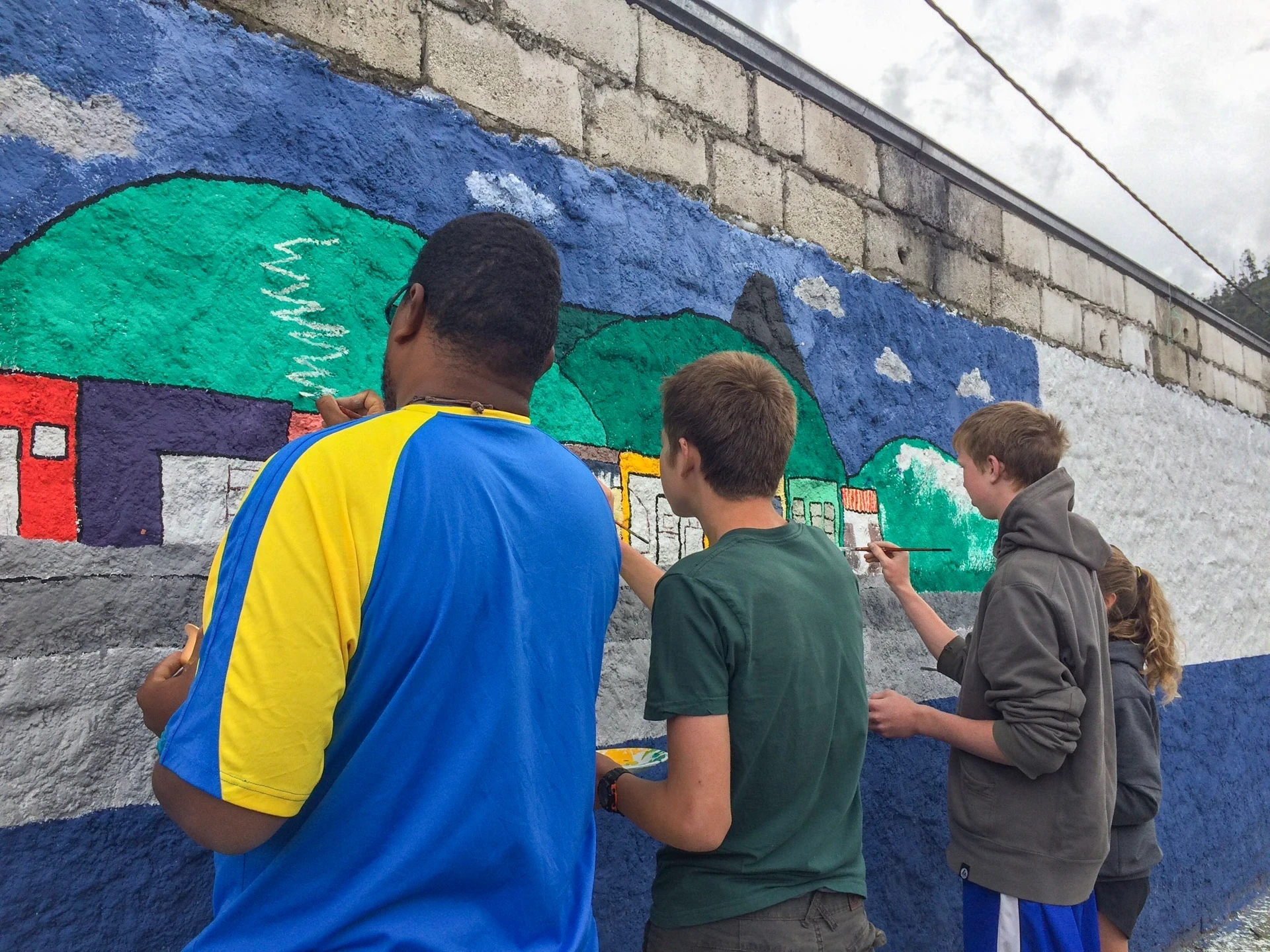
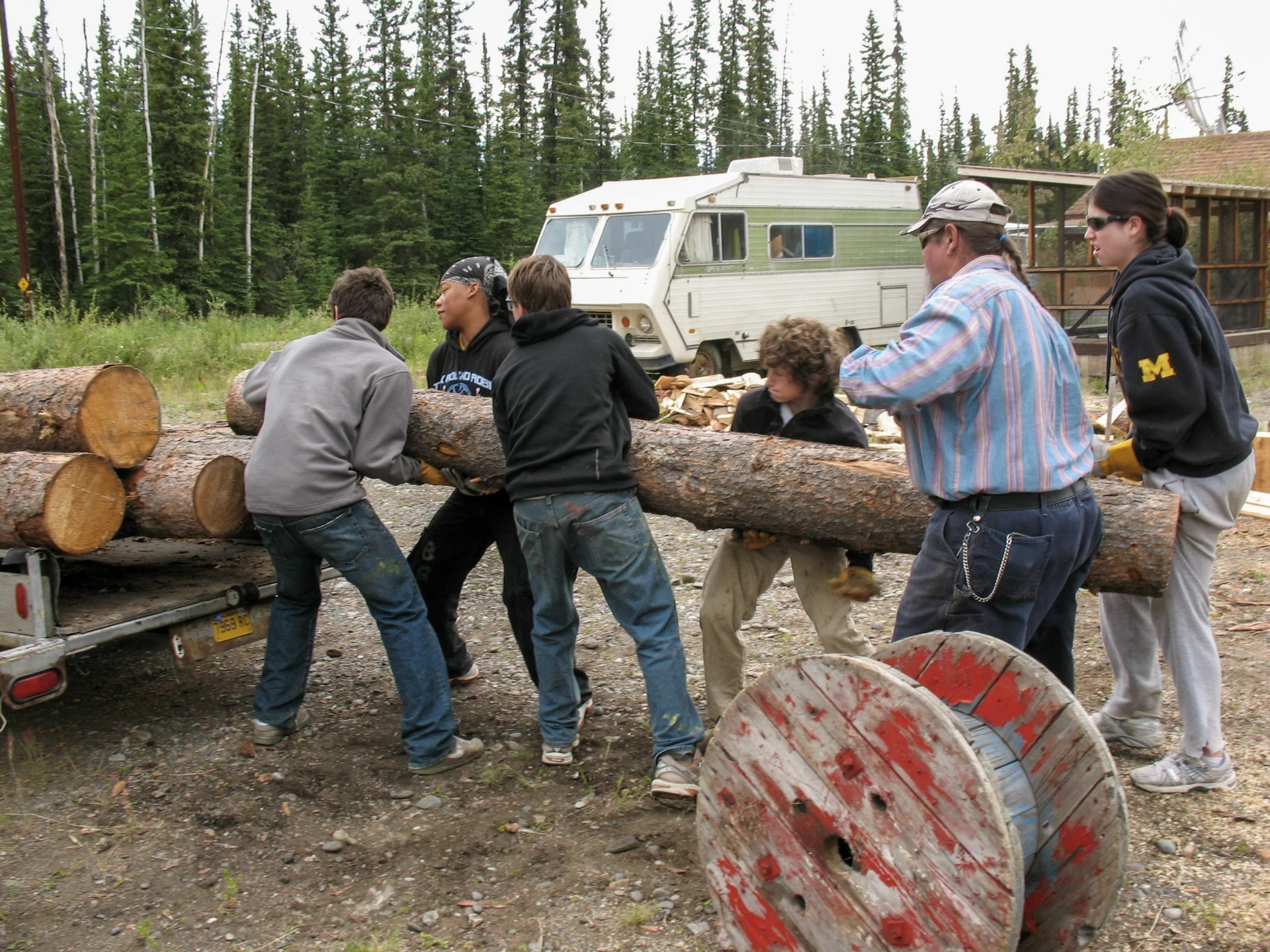
Another important thing to keep in mind is that although this is called “service” learning, it’s not just hard work! In fact, tons of our participants—even those who have never performed community service before—find that our service projects are so engaging and invigorating that they don’t feel like work at all. They’re actually a blast! “I had never done much community service work before, but I loved it,” said alum Amy D. “The work shouldn’t have been called work, it was much too fun.”
Another common reaction among many of our alumni is an irrevocably altered outlook on life—for themselves, others and the world around them—and one that they carry with them in the years to come. “Both my view of the world and of myself changed dramatically,” said alum Irene O. “I know I’m gushing,” said alum Rachel S, “but I think VISIONS changed my life.”
Frequently Asked Questions
What are the types of service learning?
It depends on who you ask. Most organizations maintain that the three types of service learning are direct service, indirect service and advocacy. (We talk more about this in another blog, “What is Service Learning & Why is it Effective?”) But some organizations believe in a fourth type, research-based service learning—which focuses on gathering and presenting information. Others break down six distinct types! For our purposes, though, there’s only one type—VISIONS service learning,
What is the primary purpose of service learning?
There isn’t one “primary” purpose of service learning, but that’s what makes it so special. Our participants are learning and growing through impactful service work, the communities and organizations we work with are benefitting from the service itself, and everyone is benefiting from the bonds formed. Everybody wins!
What skills can you gain from service learning?
You’ll gain physical, mental and emotional skills from service learning. You can learn hands-on skills, like how to mend a fence, paint a house or sow a field. You can learn mental skills, like how to improve your Spanish or how to pack a comprehensive meal. But perhaps most importantly, you’ll learn emotional skills, like self-reliance, grit and empathy. All the skills you acquire in service will stay with you, but it’s these emotional skills that can truly transform your life.
How do you prepare for service learning?
Good news: You don’t need to “prepare” for service learning at all! You simply need to come with an open mind and open heart, ready and willing to dive in, listen and work hard. Sometimes VISIONS service work requires skills, such as basic carpentry or cooking, but our partners and staff will ensure you have all the knowledge you need to get started.
What is an example of a service learning project?
Service learning projects span the gamut of community service. Any activity that provides service to a community can be formed into a service learning project. At VISIONS, there’s no end to the diversity of service we’ll undertake. Maybe you’ll milk a cow, herd sheep or collect eggs from a chicken coop. Maybe you’ll volunteer in a food bank. Maybe you’ll plant or harvest crops at a neighboring farm. Maybe you’ll work with local children, tutoring them in English or playing educational games. It all depends on the VISIONS program you embark upon!
During our Montana Blackfeet summer program, for example, you’ll work on conservation and building projects serving the Blackfeet Indians—activities like repairing and renovating homes, building community playgrounds and gardens, and serving meals for the Children’s Nutrition Program and FAST Blackfeet, a food security and distribution program.
As part of our British Virgin Islands summer program, you’ll volunteer with the Animal Rescue Council, constructing dog houses for local pets, in addition to performing small carpentry projects at local schools, teaching swimming lessons to island kids, and volunteering at a local day camp.
Click the link below to learn more about our other service learning programs, including Peru and the Dominican Republic!



